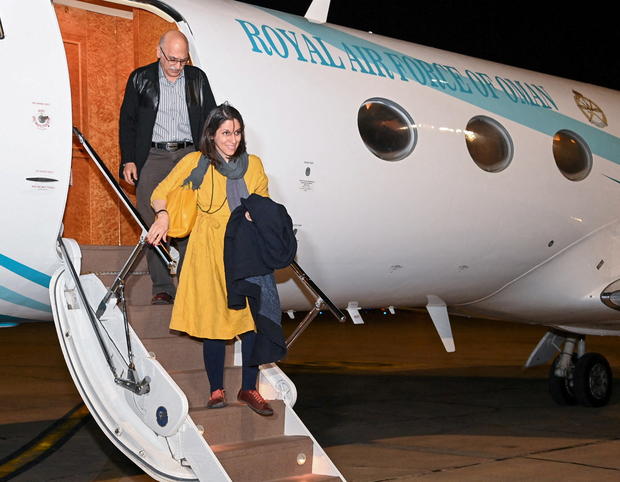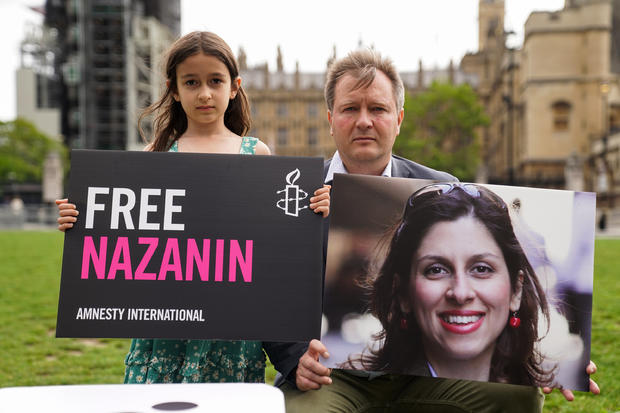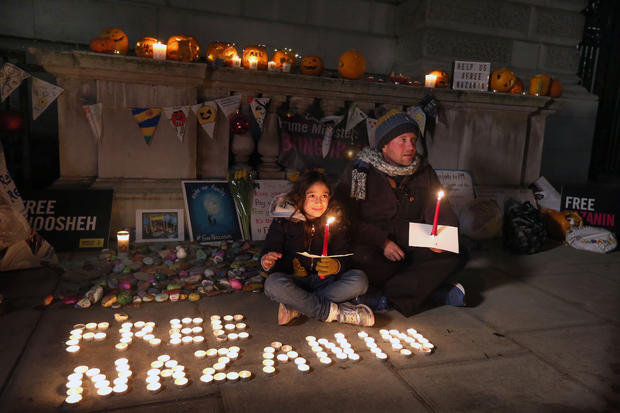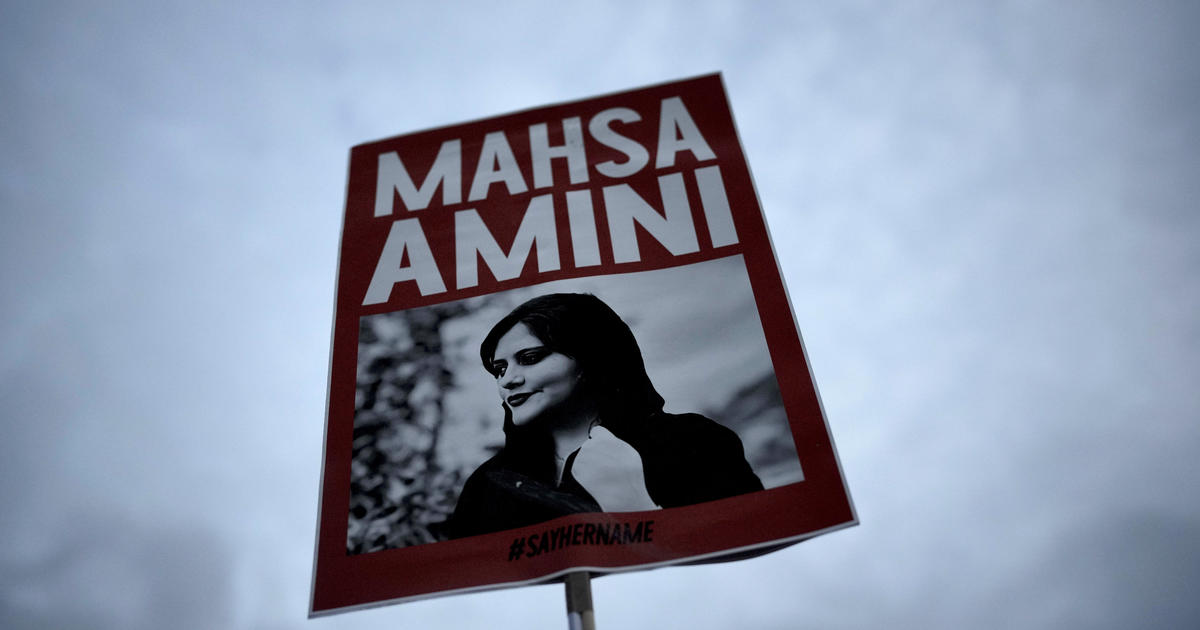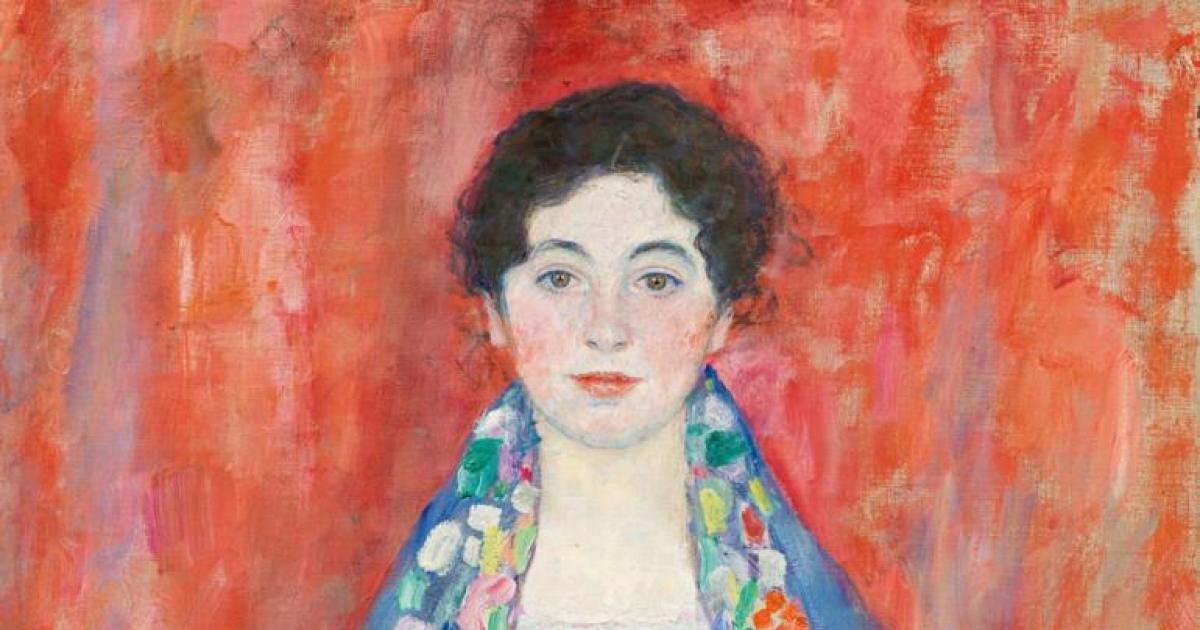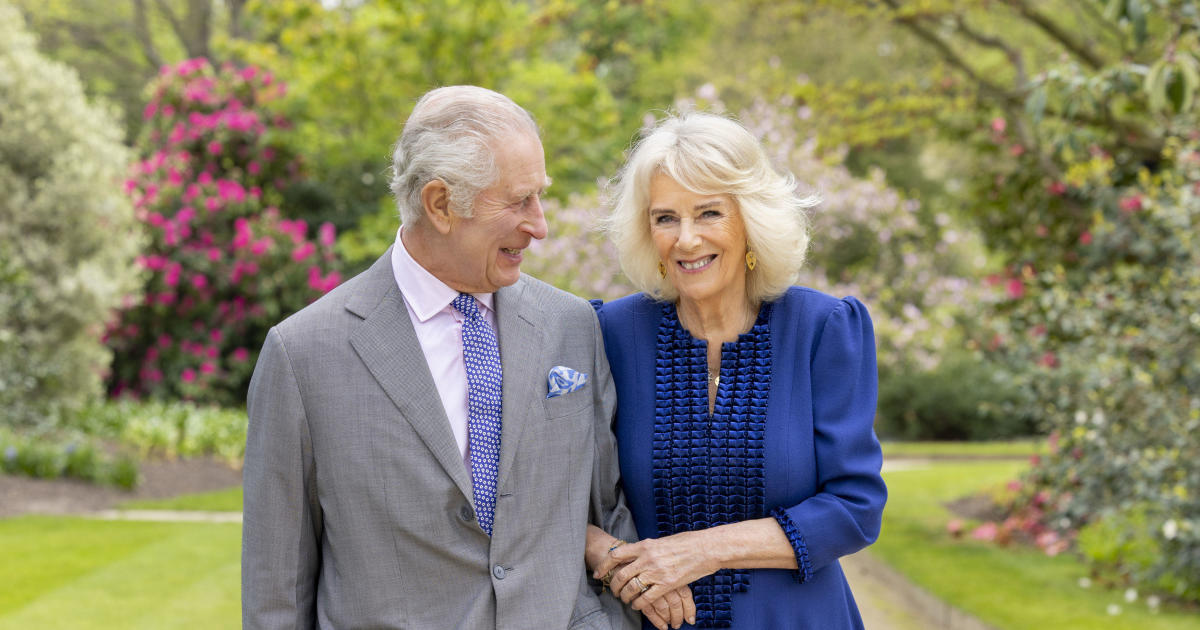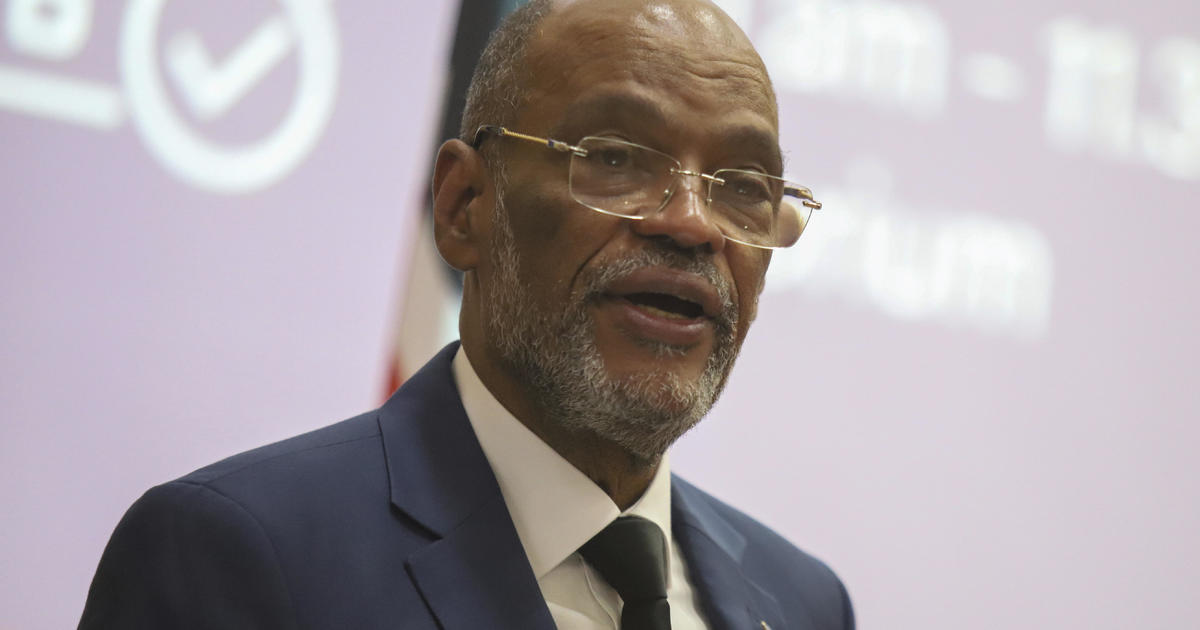Iran releases 2 British citizens jailed for over 5 years
Two British citizens who had been jailed in Iran for more than five years — a charity worker and a retired civil engineer — were on their way home Wednesday after the U.K. government settled a decades-old debt to Iran.
Nazanin Zaghari-Ratcliffe, 43, and Anoosheh Ashoori, 67, landed in Oman following a two-hour flight from Tehran, and were expected to arrive in Britain late Wednesday.
The British government said a third detainee, Morad Tahbaz, who holds U.S., British and Iranian citizenship, was released from prison on furlough as part of the same deal.
The breakthrough was reached as world leaders try to negotiate the return of both Iran and the U.S. to an international agreement designed to limit Tehran's nuclear enrichment program — talks that have been complicated by the prisoner issue. Negotiators have edged closer to a roadmap for restoring the accord, though recent Russian demands slowed progress.
"Looking forward to a new life,″ said Richard Ratcliffe, who has worked tirelessly for his wife's release and planned to greet his wife at a British military base with their 7-year old daughter, who had already picked out the toys she wants to show her mother.
"You can't get back the time that's gone. That's a fact," Ratcliffe said. "But we live in the future.″
The release of Zaghari-Ratcliffe and Ashoori comes as the U.S., Britain and other countries seek to secure the release of dozens of dual nationals detained by Iran, which doesn't recognize their right to hold citizenship in another country. Family members and human rights activists accuse Iran of arresting the dual nationals on trumped up charges to use them as bargaining chips to squeeze concessions out of Western nations.
British Foreign Secretary Liz Truss told lawmakers that the change of government in Iran last summer had been instrumental in moving the talks forward. The recently elected president, Ebrahim Raisi, is a hard-line protégé of Iran's supreme leader known for his hostility to the West.
"I was able … to reset the relationship, to be clear that we were serious about resolving the outstanding issues that Iran had, and they were clear they were serious about resolving the outstanding issues we had," Truss said in the House of Commons.
Wednesday's announcement came after extensive diplomacy that secured the release of the dual nationals and led to agreement to repay the debt in a way that complies with U.K. and international sanctions. Britain agreed to pay Iran 393.8 million pounds ($515.5 million), which will be ring-fenced so the money can only be used for humanitarian purposes. The British government declined to offer details of the arrangement.
While the British government has refused to acknowledge a link between the debt and the detention of the dual nationals, Zaghari-Ratcliffe's husband has been outspoken in arguing that Iran was holding her hostage to force Britain to pay.
The debt has been a sticking point in British-Iranian relations for more than 40 years.
After the Islamic Revolution in 1979, the U.K. canceled an agreement with the late Shah of Iran to sell the country more than 1,500 Chieftain tanks. Since the shah's government had paid in advance, the new Iranian government demanded repayment for the tanks that were never delivered. The two countries have haggled over the debt ever since.
Hope for a deal had been growing since Tuesday, when the member of Parliament who represents Zaghari-Ratcliffe's neighborhood in London announced that Iranian authorities had returned her passport.
Responding to questions about the talks before the deal was announced, Truss said the U.K. believed the debt was legitimate and the government had been looking for ways to pay it that would comply with international sanctions.
When asked whether Britain would consider paying with goods such as medical equipment, Truss told Sky News she couldn't comment.
Zaghari-Ratcliffe was taken into custody at Tehran's airport in April 2016 as she was returning home to Britain after visiting family in Iran. She was employed by the Thomson Reuters Foundation, the charitable arm of the news agency, but she was on vacation at the time of her arrest.
Zaghari-Ratcliffe was sentenced to five years in prison after she was convicted of plotting the overthrow of Iran's government, a charge that she, her supporters and rights groups deny. She had been under house arrest at her parents' home in Tehran for the last two years.
Johnson, as foreign minister in 2017, complicated efforts to free Zaghari-Ratcliffe by saying incorrectly that she was training journalists when she was arrested. He later apologized, though Iranian media repeatedly pointed to his remarks.
Antonio Zappulla, CEO of the Thomson Reuters Foundation, said his organization was "overjoyed" that Zaghari-Ratcliffe had been freed.
"No one can begin to imagine what Nazanin has endured throughout the past tortuous six years; denied her freedoms, separated from her husband and young child, battling significant illness, thrown in solitary confinement," Zappulla said in a statement. "An innocent victim of an international dispute, Nazanin has been one of many used as political pawns. Her treatment has been utterly inhumane."
Rights groups accuse Iran of holding dual-nationals as bargaining chips for money or influence in negotiations with the West, something Tehran denies. Iran doesn't recognize dual nationality, so detainees like Zaghari-Ratcliffe can't receive consular assistance from their home countries.
A U.N. panel has criticized what it describes as "an emerging pattern involving the arbitrary deprivation of liberty of dual nationals" in Iran.
Ashoori was detained in Tehran in August 2017. He had been sentenced to 12 years in prison for alleged ties to Israel's Mossad intelligence agency, something long denied by his supporters and family.
Tahbaz, a British-American conservationist of Iranian descent, was caught in a dragnet targeting environmental activists while visiting Iran in January 2018. The 66-year-old served on the board of the Persian Heritage Wildlife Association, a prominent conservation group in Iran.
Iran convicted Tahbaz, along with seven other environmentalists including his colleagues, on charges of spying for the U.S. He was sentenced to 10 years and taken to Evin Prison.
In France, the family of a French tourist jailed in Iran since May 2020 welcomed the release and urged French authorities to accomplish "without delay" what British authorities achieved.
Benjamin Brière was arrested after taking pictures in a desert area where photography is prohibited, and asking questions on social media about Iran's obligatory Islamic headscarf for women. He was sentenced to eight years in prison on what his lawyer said are trumped-up espionage and propaganda charges. He started a hunger strike in December.
Wednesday's release comes as negotiators in Vienna say they have nearly finalized a roadmap for both the U.S. and Iran to rejoin Tehran's 2015 nuclear deal with world powers. The U.S. unilaterally withdrew from the deal in 2018, sparking years of tensions across the wider Mideast as the Islamic Republic enriches uranium closer than ever to weapons-grade levels.
Those negotiations were disrupted last week by a Russian demand that Moscow not be affected by Western sanctions over its war on Ukraine. It remains unclear when they'll resume in Vienna.
